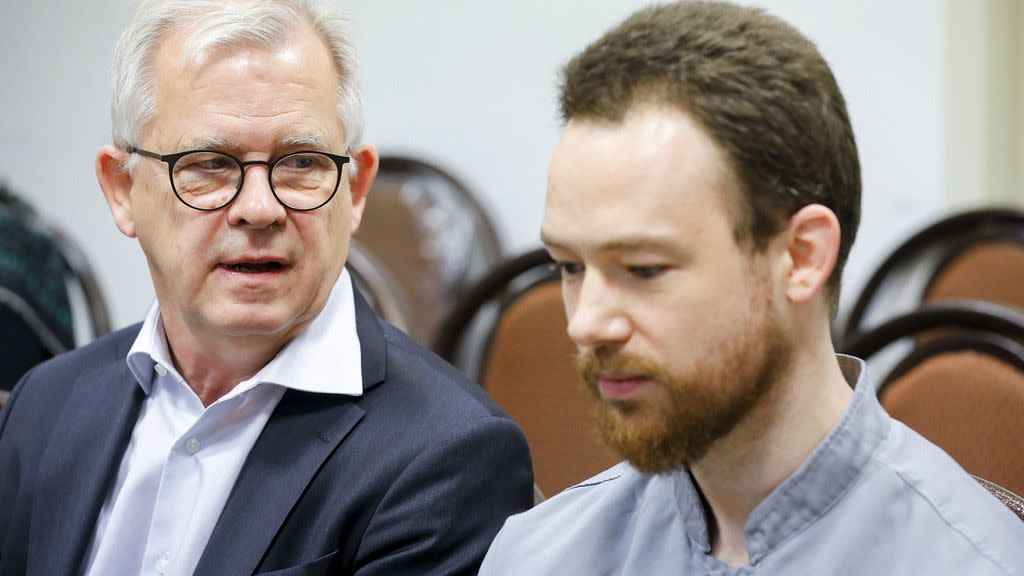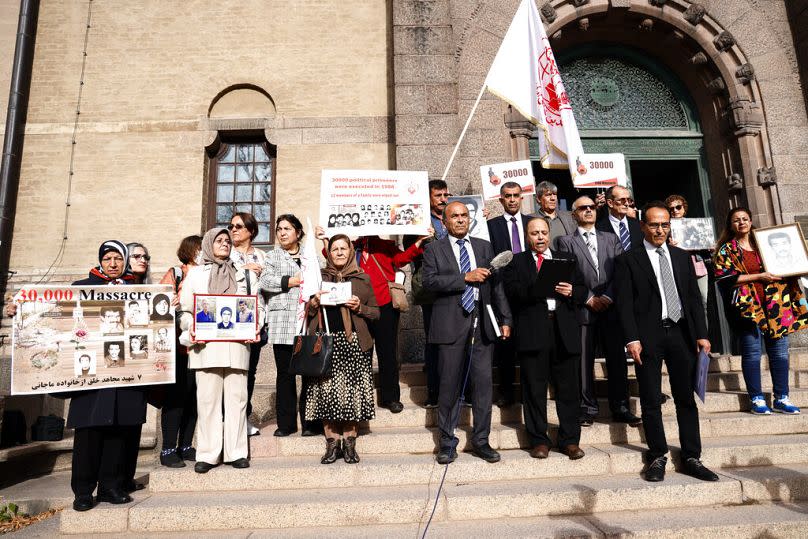Iran and Sweden swap prisoners: a diplomat for a judiciary official

Iran and Sweden carried out a prisoner swap on Saturday that involved the release of Hamid Nouri, who was convicted of war crimes by Sweden over mass executions that took place in 1988.
In exchange, Iran released Johan Floderus, a Swede who had been working for the European Union's diplomatic corps, as well as a man identified as Saeed Azizi by Swedish Prime Minister Ulf Kristersson.
In 2022, the Stockholm District Court sentenced Nouri to life in prison over his role in the 1988 executions. It identified him as an assistant to the deputy prosecutor at the Gohardasht prison outside the Iranian city of Karaj.
The 1988 mass executions came at the end of Iran’s long war with Iraq. After Iran’s then-Supreme Leader Ruhollah Khomeini accepted a United Nations-brokered cease-fire, members of the Iranian opposition group Mujahedeen-e-Khalq, heavily armed by Saddam Hussein, stormed across the Iranian border in a surprise attack.
International rights groups estimate that as many as 5,000 people were executed. Iran has never fully acknowledged the executions, apparently carried out on Khomeini’s orders.

Floderus' family said he was arrested in April 2022 at Tehran airport while returning from a holiday with friends. His detention represented yet another case of Tehran using foreigners or those with dual nationalities as pawns in negotiations with the West.
Azizi's case was not as prominent as Floderus'. In February, the group Human Rights Activists in Iran reported that the dual Iranian-Swedish national had been sentenced to five years in prison by Tehran's Revolutionary Court on charges of “assembly and collusion against national security.” The group said Azizi has cancer.


